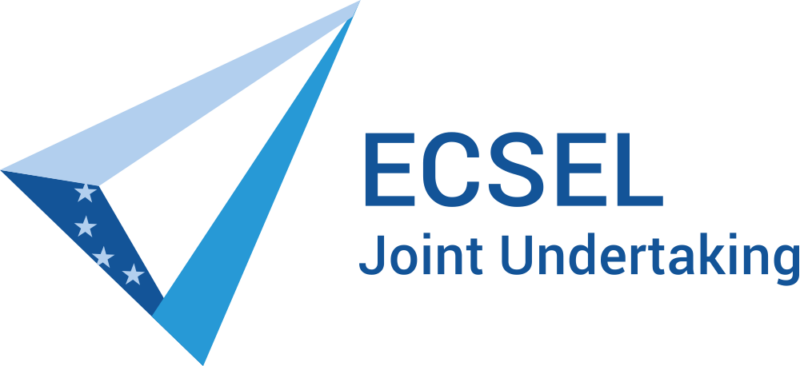Contaminations on Lidar Sensor Covers: Performance Degradation Including Fault Detection and Modeling as Potential Applications
Birgit Schlager, Thomas Goelles, Stefan Muckenhuber, Daniel Watzenig
Abstract: Lidar sensors play an essential role in the perception system of automated vehicles. Fault Detection, Isolation, Identification, and Recovery (FDIIR) systems are essential for increasing the reliability of lidar sensors. Knowing the influence of different faults on lidar data is the first crucial step towards fault detection for lidar sensors in automated vehicles. We investigate the influences of sensor cover contaminations on the output data, i.e., on the lidar point cloud and full waveform. Different contamination types were applied (dew, dirt, artificial dirt, foam, water, and oil) and the influence on the output data of the single beam lidar RIEGL LD05-A20 and the automotive mechanically spinning lidar Ouster OS1-64 was evaluated. The LD05-A20 measurements show that dew, artificial dirt, and foam lead to unwanted reflections at the sensor cover. Dew, artificial dirt over the entire transmitter, and foam measurements lead to severe faults, i.e., complete sensor blindness. The OS1-64 measurements also show that dew can lead to almost complete sensor blindness. The results look promising for further studies on fault detection and isolation, since the different contamination types lead to different symptom combinations.




